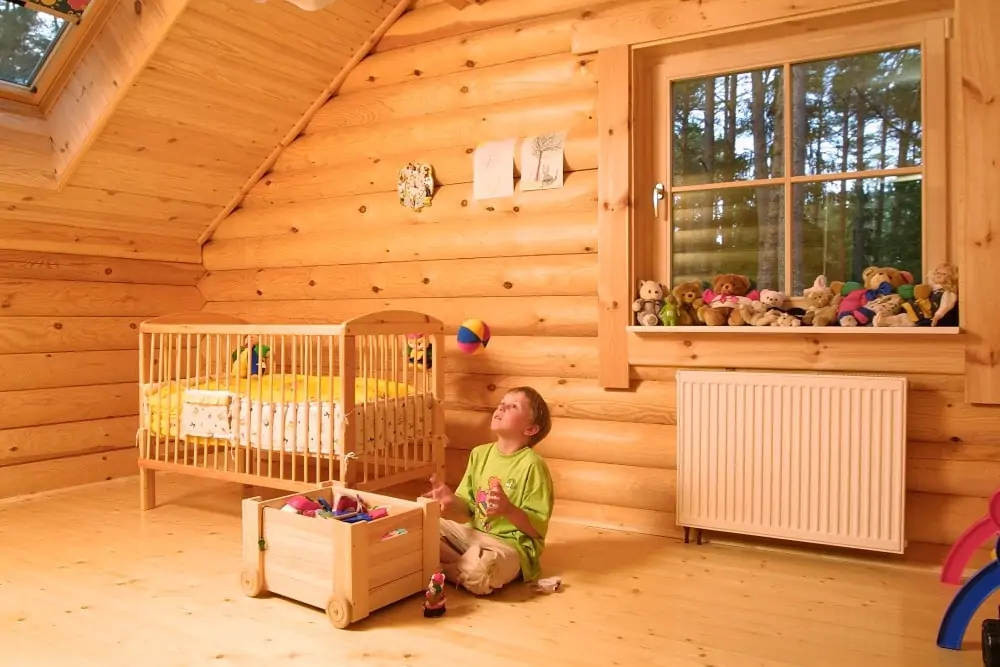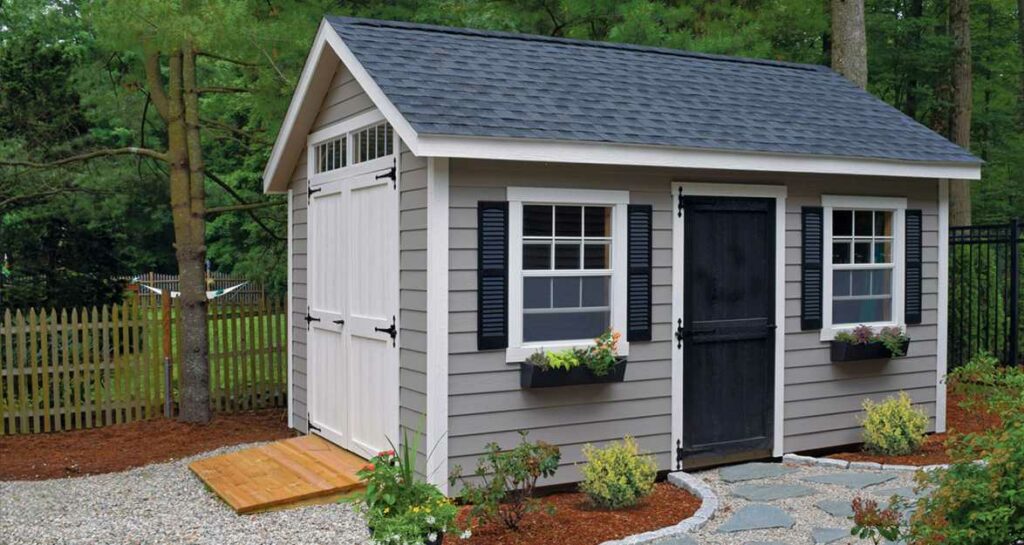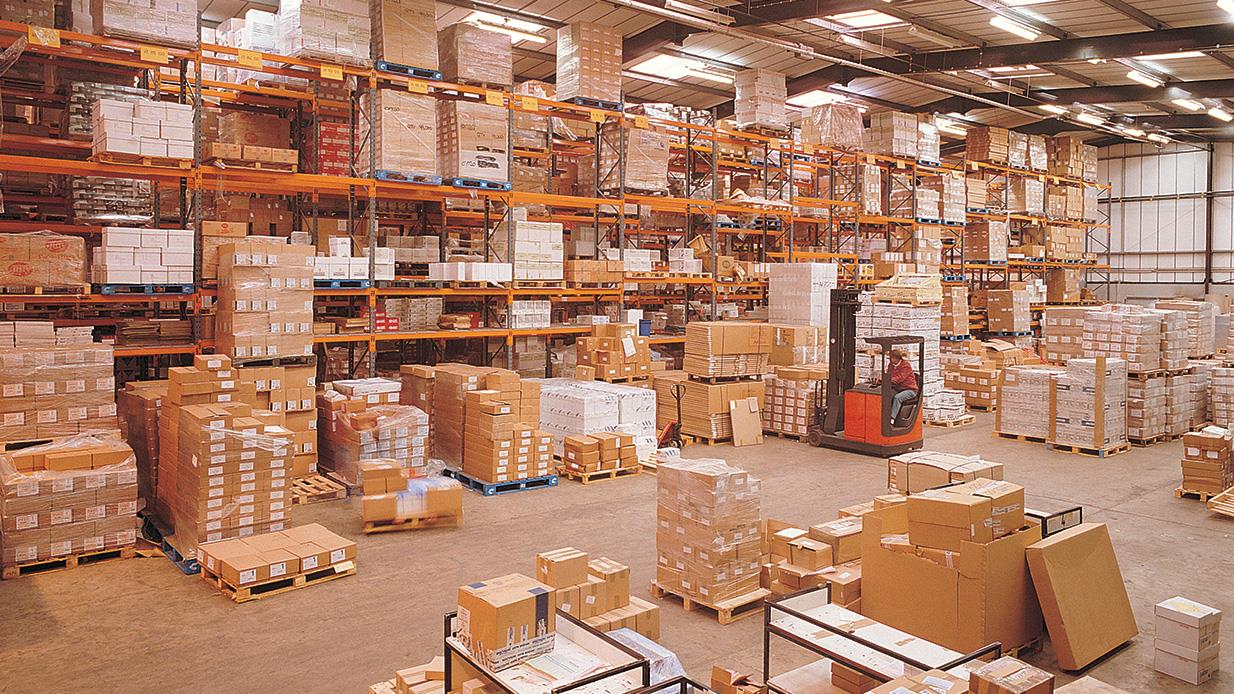At the core of the industrial construction industry lies the challenge of meeting high-quality standards while working with large-scale projects with complex designs. The demands of industrial construction require a high level of skill and expertise, and overcoming obstacles is essential to ensure the success of a project.
In this article, we will discuss the most common challenges faced by industrial construction companies and provide practical solutions to help overcome them. We will also highlight the importance of project planning and execution and the role it plays in minimizing the risk of challenges during construction.
- Safety Concerns
Safety is of paramount importance in the industrial construction industry. The construction site is a high-risk environment, and accidents can happen even with the strictest safety regulations in place. Therefore, it is essential to have a comprehensive safety plan in place before commencing any construction work.
To ensure the safety of the workers, the following safety measures should be implemented:
- Regular safety inspections to identify and rectify potential hazards
- Appropriate Personal Protective Equipment (PPE) for workers
- Regular safety training for workers and supervisors
- Proper documentation and reporting of safety incidents
2. Complex Designs
Industrial construction projects are often large-scale and have complex designs that require high levels of precision and attention to detail. The complexity of the design can lead to a higher risk of errors during construction, which can result in costly rework and delays.
To mitigate this risk, it is crucial to have a thorough understanding of the design before construction begins. This can be achieved by:
- Conducting a thorough review of the design before construction
- Ensuring that all team members have a clear understanding of the design requirements
- Utilizing Building Information Modeling (BIM) technology to identify potential design conflicts before construction
3. Tight Schedules
Industrial construction projects are typically time-sensitive and require completion within a specified deadline. The tight schedule can create pressure on the construction team to complete the project on time, which can lead to errors and safety hazards.
To manage tight schedules, it is essential to have a realistic construction plan in place. The following steps can be taken to ensure the project stays on schedule:
- Conducting regular progress meetings to identify and address potential delays
- Ensuring that all team members have a clear understanding of their responsibilities and deadlines
- Utilizing project management software to track progress and identify potential delays
4. Budget Constraints
Industrial construction projects can be expensive, and it is common for projects to go over budget. Budget constraints can lead to a compromise in the quality of materials and workmanship, which can have long-term effects on the project.
To manage budget constraints, it is important to have a realistic budget in place before construction begins. The following steps can be taken to ensure the project stays within budget:
- Conducting a thorough cost analysis before construction begins
- Prioritizing the use of high-quality materials that offer long-term value
- Conducting regular cost reviews to identify potential cost overruns
5. Environmental Concerns
Industrial construction projects can have a significant impact on the environment, and it is essential to take measures to minimize this impact. Environmental concerns can arise from the use of heavy machinery, excavation, and the disposal of waste materials.
To minimize the impact of industrial construction on the environment, the following measures can be taken:
- Conducting an environmental impact assessment before construction begins
- Prioritizing the use of environmentally friendly materials and processes
- Proper disposal of waste materials




